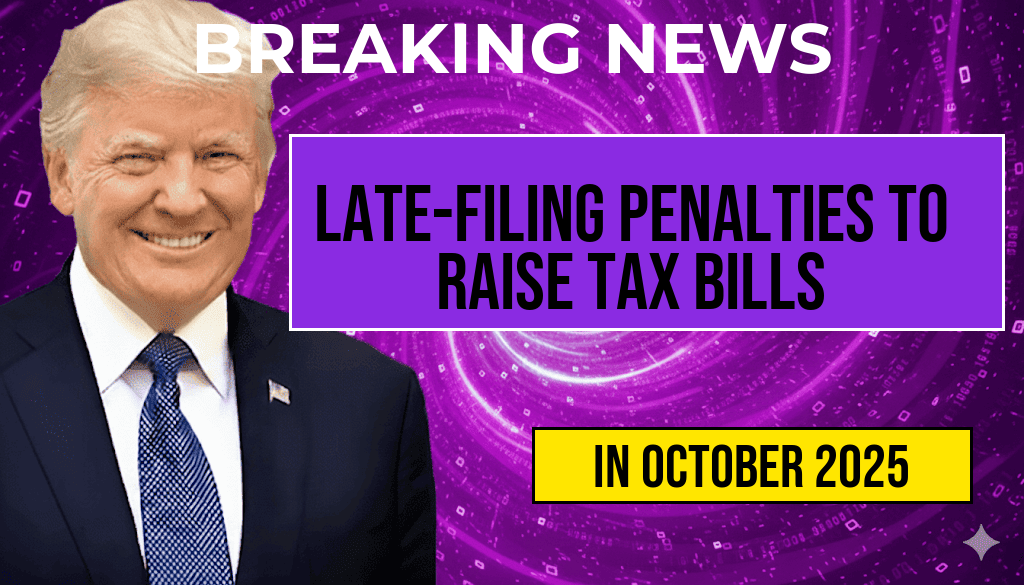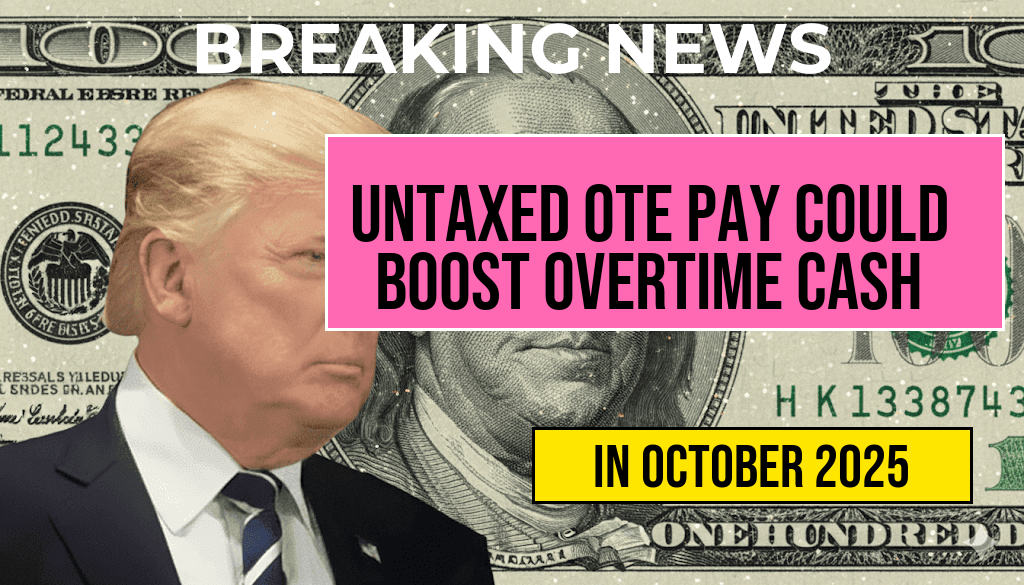As borrowers navigate the complexities of student loan repayment, a recent lawsuit highlights potential issues stemming from administrative delays that could lead to unexpected tax liabilities. The legal action, filed against the U.S. Department of Education, claims that ongoing postponements in the processing of loan forgiveness applications may burden borrowers with significant tax bills. Advocates argue that these delays not only exacerbate the financial stress on individuals already facing economic challenges but also violate the terms of the loan forgiveness program. With repayment deadlines looming, the urgency for a resolution becomes paramount, as borrowers seek clarity on their financial obligations and the tax implications of their loan statuses.
Details of the Lawsuit
The lawsuit, initiated by a coalition of borrowers and advocacy groups, underscores a growing concern regarding the administration of the Public Service Loan Forgiveness (PSLF) program. According to the plaintiffs, the Department of Education has failed to process forgiveness applications in a timely manner, leading to a backlog that could result in borrowers being taxed on forgiven amounts that should have been addressed earlier.
Key Allegations
- Administrative Delays: The lawsuit alleges that the Department of Education has not adhered to statutory timelines for processing forgiveness applications.
- Tax Implications: As loans are forgiven, borrowers may face unexpected tax liabilities, which could amount to thousands of dollars.
- Impact on Borrowers: Many borrowers are already in precarious financial situations and may find it difficult to manage additional tax burdens.
Understanding the Public Service Loan Forgiveness Program
The PSLF program was established to provide relief to borrowers who work in public service sectors, including government and non-profit organizations. Under this initiative, eligible borrowers can have their federal student loans forgiven after making 120 qualifying payments. However, the process has been fraught with challenges, leading many to question the program’s effectiveness.
How the PSLF Program Works
- Eligibility requires working in a qualifying public service job.
- Borrowers must make 120 qualifying monthly payments under a qualifying repayment plan.
- After meeting these criteria, borrowers can apply for loan forgiveness.
Tax Consequences of Loan Forgiveness
When student loans are forgiven, the IRS typically considers the forgiven amount as taxable income. This means that borrowers may face substantial tax bills in the year their loans are discharged. The lawsuit claims that due to the delays in processing applications, many borrowers may not only be unprepared for these tax liabilities but also unable to plan for them effectively.
Potential Financial Impact on Borrowers
| Loan Amount Forgiven | Estimated Tax Liability (at 22% tax rate) |
|---|---|
| $10,000 | $2,200 |
| $20,000 | $4,400 |
| $50,000 | $11,000 |
| $100,000 | $22,000 |
Reactions from Advocacy Groups
Advocacy groups supporting the borrowers have voiced their discontent regarding the Department of Education’s handling of the PSLF program. They argue that the delays are not only unfair but also counterproductive to the program’s purpose, which is to provide relief to those dedicated to public service. These groups are calling for immediate action to expedite the processing of applications and a review of the tax implications for borrowers.
Calls for Reform
Many advocates contend that systemic reforms are essential to ensure that the PSLF program operates smoothly and efficiently. They propose several measures, including:
- Streamlining the application process for loan forgiveness.
- Implementing better communication strategies to inform borrowers about their loan statuses.
- Reviewing the tax implications of forgiven loans to mitigate unexpected financial burdens on borrowers.
Conclusion
The lawsuit against the Department of Education has brought to light critical concerns regarding the PSLF program that may affect countless borrowers across the nation. As discussions continue, the urgency for reform and timely processing of forgiveness applications remains a priority for advocates and borrowers alike. For further updates on this developing story, borrowers are encouraged to stay informed and seek assistance from reliable resources. For more information on the Public Service Loan Forgiveness program, visit Federal Student Aid or the Forbes Student Loan Forgiveness Guide.
Frequently Asked Questions
What are the potential impacts of delays on borrowers with significant tax bills?
According to the lawsuit, delays in processing can lead to increased financial burdens on borrowers who are already facing significant tax bills. This can create additional stress and may lead to negative financial consequences.
Who filed the lawsuit concerning the delays and tax bills?
The lawsuit was filed by a group of affected borrowers who are seeking to address the complications arising from the delays in the processing of their tax obligations.
What are the main reasons for the delays mentioned in the article?
The article suggests that the delays may stem from administrative inefficiencies and a backlog in processing tax-related documents, which directly impacts borrowers with impending tax bills.
How can borrowers protect themselves against the consequences of these delays?
Borrowers can take proactive measures such as seeking advice from tax professionals, staying informed about their tax obligations, and exploring payment plans to mitigate the effects of delays on their finances.
What should borrowers do if they receive a significant tax bill during this delay?
If borrowers receive a significant tax bill during this time, it is advisable to consult with a tax advisor and consider reaching out to the tax authority for guidance on addressing the situation amid ongoing delays.








